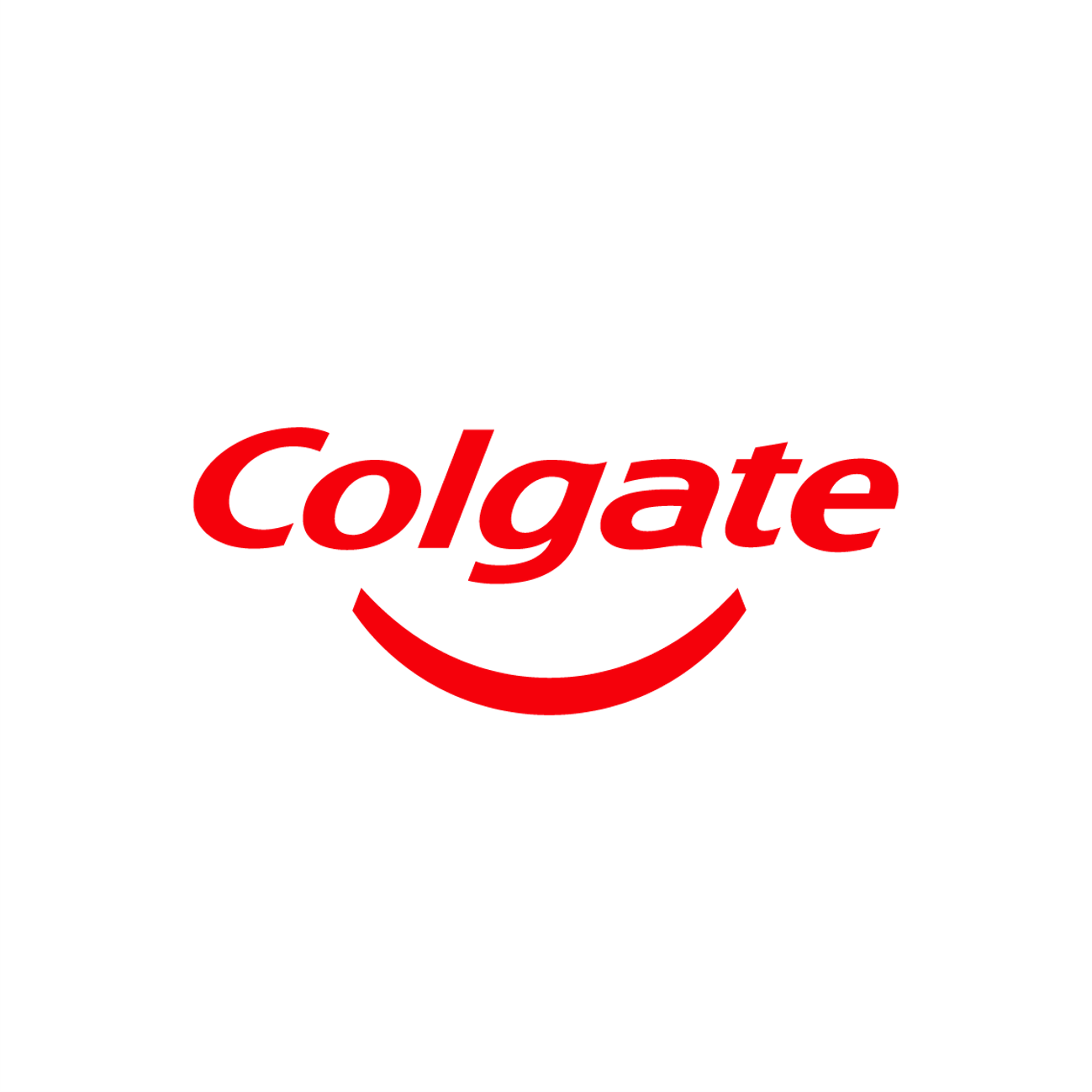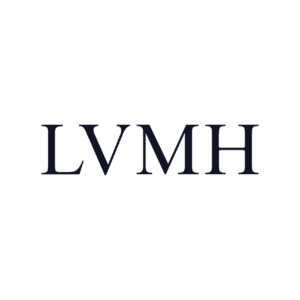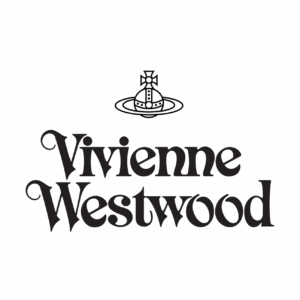A detailed examination of the ten criteria reveals distinct patterns: L’Oréal and Nivea claim their places as sustainability leaders, owing to their organized and transparent methods that are supported by concrete achievements. Colgate follows closely, with acknowledged developments in recycling and resource efficiency. Though Gillette has outstanding performance on numerous aspects, such as recycling and energy efficiency, it has shortcomings in transparency of major factors, such as water management and monitoring individual products.
In line with these findings, Komoneed urges collaboration with companies such as L’Oréal or Nivea due to their good grades while asking Gillette to be more forthcoming with detailed information in order to enhance its transparency.
Colgate
Bright Smiles, Bright Futures
Criteria
Carbon Footprint, Medium
Colgate has also shown a strict methodology. It was the first in its industry to gain net-zero validation from the SBTi. Its strategy aims for carbon neutrality by 2040, with a 42% cut in Scope 1 and 2 emissions by 2030, relative to 2020.
Colgate has made investments in solar infrastructure to power 100% of its U.S. electricity demand and is putting energy efficiency initiatives in place at its factories worldwide.
Ecological Impact, Medium
Colgate is also dedicated to avoiding deforestation and preserving ecosystems. The company demands that suppliers of at-risk raw materials—palm oil, soy, paper, and beef—use responsible agricultural practices that are free from deforestation.
Through collaborations with non-governmental organizations, like Earthworm Foundation, Colgate encourages supply chain transparency, including an openly accessible registry for palm oil complaints. In 2023, Colgate established a Nature Task Force responsible for evaluating and minimizing the effects of its operations on ecosystems.
Energy Consumption, Medium
Colgate has performed well in this category, with ongoing recognition from the EPA for its energy management programs. Colgate has received recognition as Partner of the Year for 13 consecutive years, demonstrating its ongoing commitment to sustainability.
The company is targeting 100% use of renewable energy by 2030. One of Colgate’s most significant initiatives is the development of a solar farm in Texas, which will provide a significant portion of its energy needs.
Freight Density, Medium
Colgate is targeting freight optimisation by co-loading, consolidating shipments and progressively moving to lighter packaging. Some products that exemplify these include Soupline tablets, which are much lighter.
The company has yet to publish quantified targets within this category, limiting the disclosure of results.
Recycling Rates, Medium
Colgate has also achieved great success with the launch of the first recyclable toothpaste tube that has been recognized by conventional norms. By 2023, 60% of product references had already used this innovation. The company has targeted completing the transition by 2025, while also working towards a reduction of one-third in its use of virgin plastic compared to 2019 levels.
Saving Levels, High
Colgate has achieved a record-high number of Zero Waste to Landfill certifications with 36 facilities certified in 21 countries. 80% of products will be manufactured in zero waste factories by 2023. In addition, concentrated formats, packaging efficiencies and continuous innovation are leading to significant reductions in resources.
Specific Product Monitoring, Low
Colgate has introduced the Dashlab tool to incorporate sustainability initiatives from the initial stage of product design, and it provides the SmartLabel™ platform to facilitate simple access to ingredient information and recycling instructions. The real environment footprint of each product is yet to be disclosed, though.
Supply Chain Waste, Medium
Colgate collaborates with the Earthworm Foundation, has a detailed No Deforestation policy, and demands that its suppliers cut emissions and water use. This is an extensive and thorough strategy.
Sustainability Scorecards, High
Colgate is accredited by different agencies with SBTi commitments assured, strong industry rankings and high ranking on sustainability league tables.
Water Management, Low
Colgate engages its suppliers in water-stressed regions to adopt conservation practices. However, limited statistics on its operations are made public.
Related to other brands
Number of criteria met by each brand:
ESCP Business School Team
Research developed by five curious international ESCP Business School students who have worked together to successfully complete their consulting project. They analysed four brands in four different categories -24 brands: electric cars EV, dairy products, computers, personal care, luxury apparel, fast fashion-, according to 10 environmental criteria.
- Alix AMMEUX: Dairy Products
- Hanna AMSELLEM: Electrical Vehicles
- Leonardo BERTINI COLLA: Computers
- Zackary BOISNEAULT: Personal Products
- Ariane DESPRES: Luxury Apparels
- Caterina GIUSTINIANI: Fast fashion
Sources
-
Community Giving: Details about Gillette’s social initiatives and partnerships.
-
Local Activity: Information on Gillette’s commitment to supporting communities and promoting positive role models.
-
Environmental and Social Labelling: Explains L’Oréal’s product impact labelling system and sustainability efforts.
-
Sustainable Product Optimisation Tool: Describes the tool used to assess and improve the social and environmental performance of L’Oréal products.
-
ESG Performance: Provides insights into L’Oréal’s environmental, social, and governance reporting
-
Environmental Impact: Outlines Colgate’s sustainability goals and efforts to reduce environmental impact.
-
Sustainable Dental Care Products: Highlights Colgate’s sustainable product designs and packaging innovations.
-
NIVEA CONNECT REPORT 2024: Discusses Nivea’s social mission to combat social isolation and foster meaningful connections.
-
NIVEA Sustainability: Offers an overview of Nivea’s sustainability initiatives globally.





0 Comments